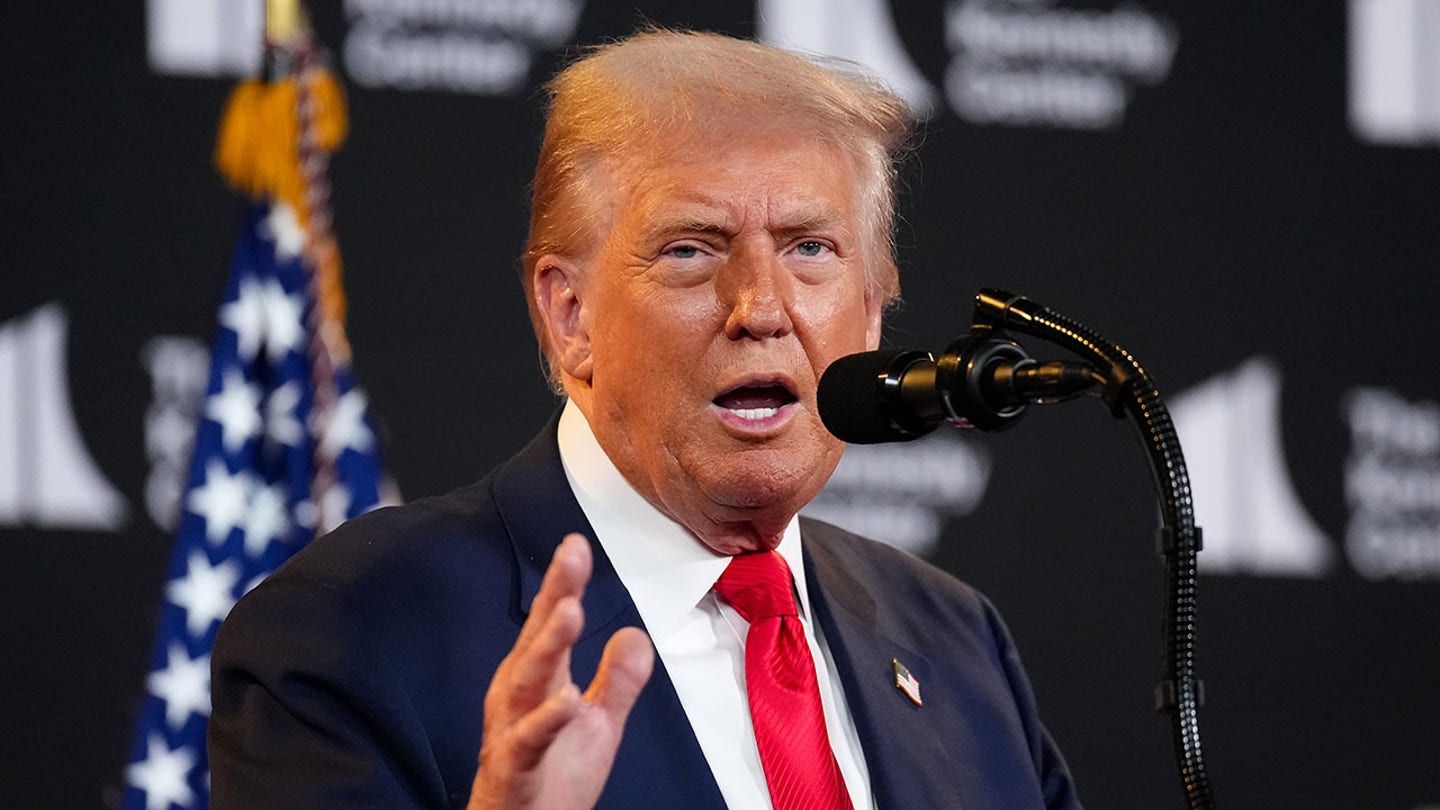
Trump predicts little progress in potential shutdown talks with 'crazy' Schumer, Jeffries
Entities mentioned:
- Donald Trump: Power, Control, Self-preservation
- Chuck Schumer: Opposition, Duty, Influence
- Hakeem Jeffries: Opposition, Duty, Influence
- John Thune: Duty, Professional pride, Unity
- Congressional Democrats: Opposition, Justice, Influence
- Congressional Republicans: Control, Power, Competitive spirit
Article Assessment:
Credibility Score: 70/100
Bias Rating: 55/100 (Center)
Sentiment Score: 30/100
Authoritarianism Risk: 40/100 (Generally Democratic)
Bias Analysis:
The article presents views from both Republican and Democratic perspectives, including direct quotes. However, it gives slightly more prominence to Trump's comments and Republican actions, while Democratic responses are somewhat less emphasized.
Key metric: Government Stability and Functionality
As a social scientist, I analyze that this article highlights the deep political divide and dysfunction in the U.S. government, particularly concerning budget negotiations. The looming threat of a government shutdown underscores the inability of both parties to work together effectively. Trump's dismissive attitude towards negotiations with Democratic leaders suggests a breakdown in bipartisan cooperation. This situation negatively impacts government stability and functionality by creating uncertainty, potentially leading to disruptions in government services and damaging public trust in political institutions. The partisan nature of recent budget decisions, such as the Republican-led clawback package, has further strained relations between the parties, making future negotiations more difficult. This cycle of mistrust and partisan maneuvering threatens the government's ability to operate efficiently and serve the public interest.

DAVID MARCUS: Trump understands that safety is for every citizen, not just the lucky few
Entities mentioned:
- Donald Trump: Ambition, Power, Legacy
- Democrats: Competitive spirit, Loyalty, Control
- Sen. Sheldon Whitehouse: Righteousness, Loyalty, Indignation
- Rep. Eric Swalwell: Competitive spirit, Recognition, Influence
- Rudy Giuliani: Determination, Legacy, Professional pride
- Mayor Muriel Bowser: Duty, Security, Pragmatism
Article Assessment:
Credibility Score: 45/100
Bias Rating: 75/100 (Lean Right)
Sentiment Score: 65/100
Authoritarianism Risk: 65/100 (Authoritarian Tendencies)
Bias Analysis:
The article heavily favors Trump's perspective and criticizes Democrats, using loaded language and selective examples. It presents a one-sided view of the crime situation and policy responses, aligning closely with right-wing talking points.
Key metric: Violent Crime Rate
As a social scientist, I analyze that this article focuses on President Trump's initiative to address crime in Washington D.C., framing it as a bold and necessary action. The article draws parallels to historical figures and past successful crime reduction efforts, particularly Rudy Giuliani's work in New York City. It portrays Democrats as obstructionist and out of touch with the realities of crime, while painting Trump as a decisive leader addressing a critical issue. The emphasis on public safety as a fundamental right and governmental responsibility is central to the article's argument. This initiative could potentially impact the violent crime rate in D.C. and, by extension, influence national crime statistics and policies. However, the article's strong partisan framing and lack of diverse perspectives limit its comprehensive analysis of the complex factors contributing to urban crime rates.